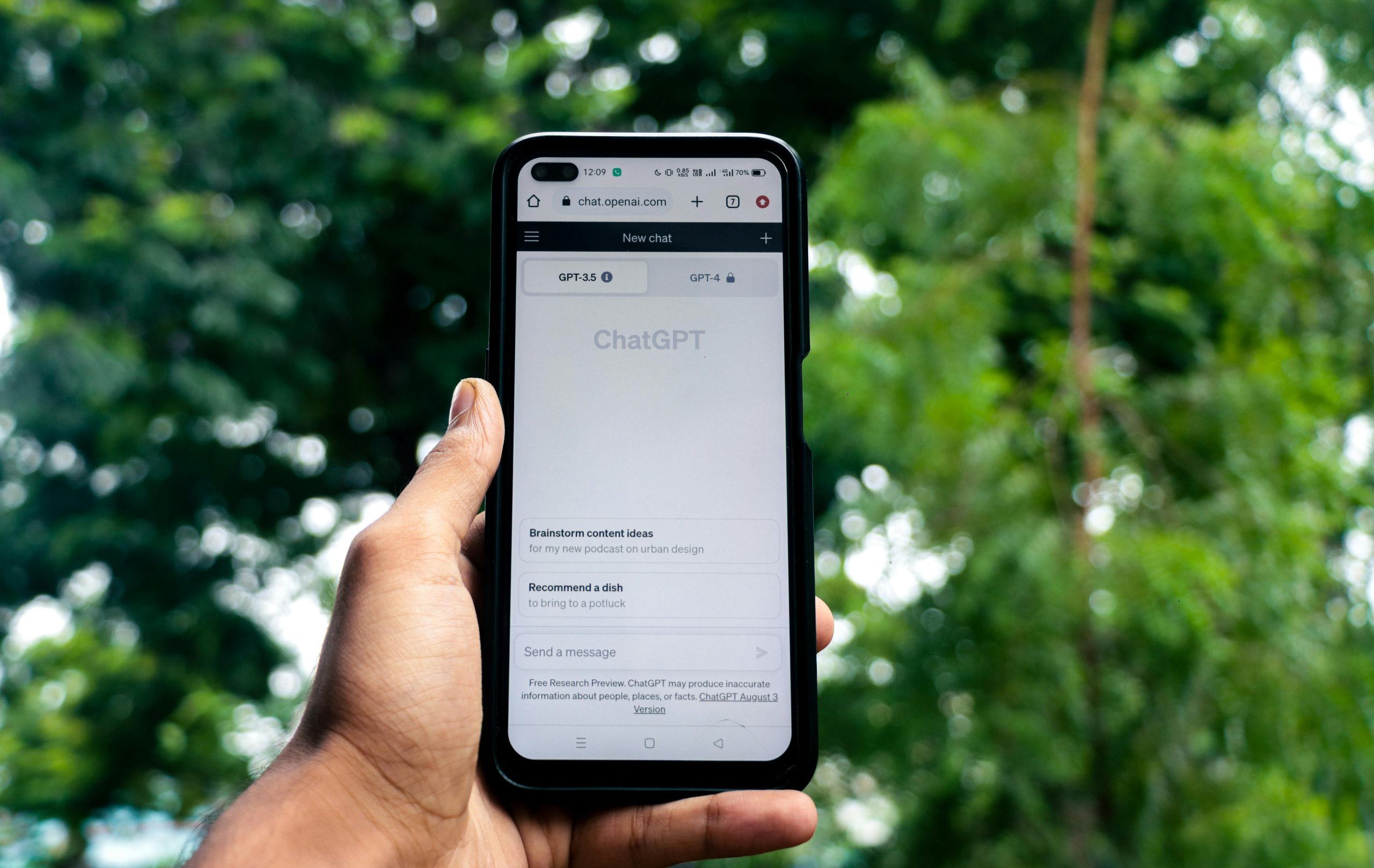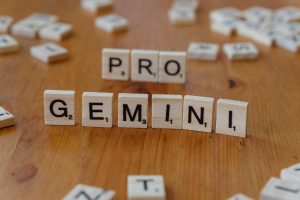My Manager Suspects I’m Cheating Due to My Use of AI to Manage Workload
Harnessing AI for Better Productivity: Navigating Workplace Perceptions
In today’s fast-paced work environment, staying organized and efficient can be a significant challenge, especially in operations roles immersed in constant emails, follow-ups, tasks, and meetings. Recently, I found myself overwhelmed, struggling to keep up with the workload. To address this, I discreetly turned to artificial intelligence tools such as ChatGPT, along with other productivity applications, to help manage my daily responsibilities.
These AI tools proved to be a game-changer. They analyzed my notes, prioritized tasks, drafted emails, created daily schedules, and set automatic follow-ups. As a result, I experienced a noticeable improvement: I avoided forgetting important details, reduced stress, and consistently submitted quality work on time.
However, this newfound efficiency raised concerns with my supervisor, who holds a skeptical view of AI integration. Upon discovering my use of these tools, he expressed disapproval, suggesting that relying on AI might make the team “look bad” and that genuine effort requires more time and manual input. His stance feels rooted in a traditional perspective that equates manual effort with authenticity, viewing automated assistance as potentially undermining the integrity of the work.
This situation has created a tense atmosphere. My supervisor perceives my enhanced productivity as a form of cheating, simply because I am not visibly stressed or overwhelmed. I believe that leveraging technology to streamline tasks is not about outsourcing my responsibilities but about working smarter—an objective that aligns with the core purpose of technological advancement.
In the evolving workplace, it’s essential to recognize that tools like AI are meant to augment our abilities, not replace genuine effort. Embracing these innovations can lead to improved efficiency and a healthier work-life balance, provided they are used ethically and transparently. As we continue to integrate AI into our professional routines, fostering open communication and understanding about its role is key to future success.














Post Comment